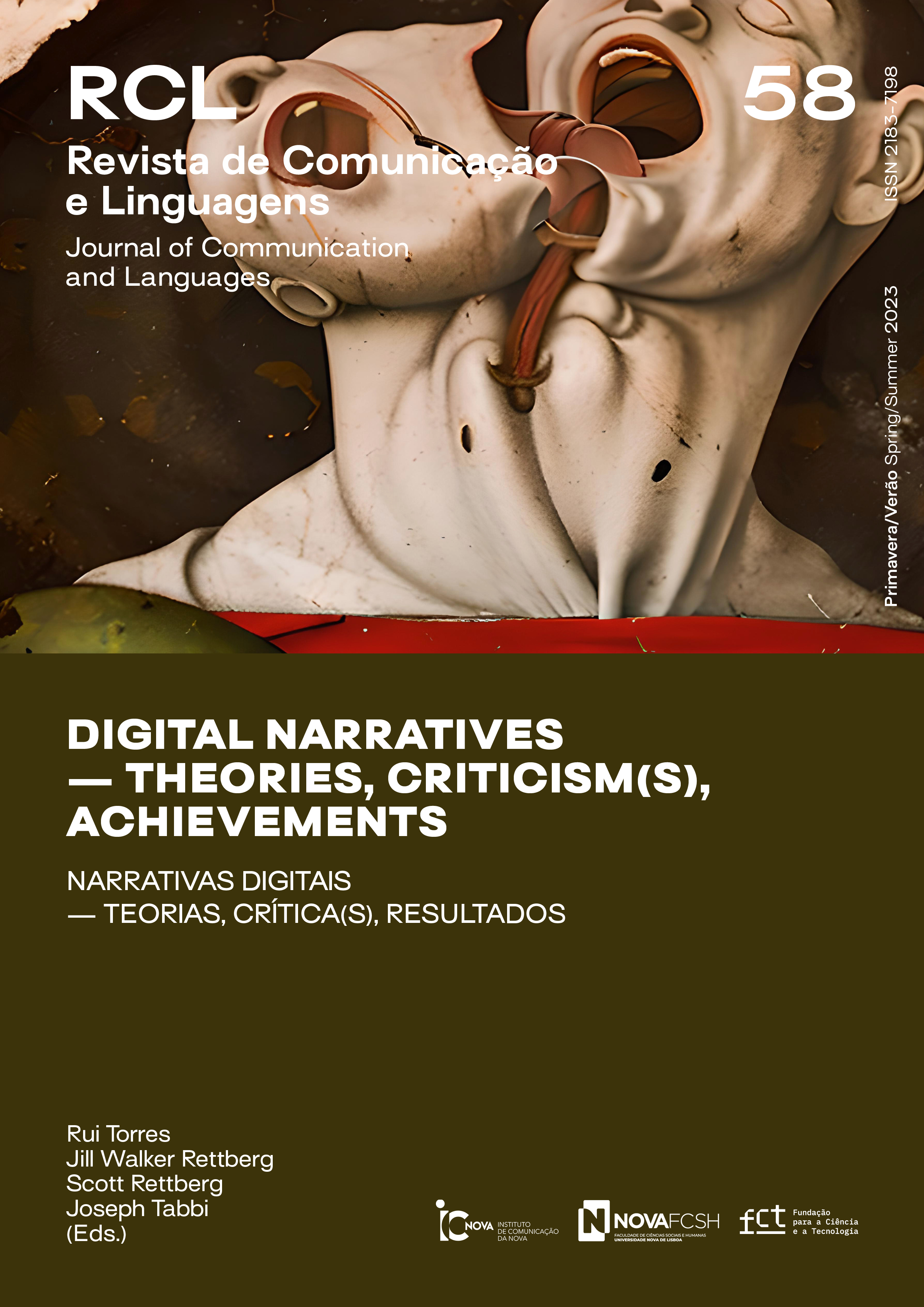Beyond Maximalism
Resolving the Novelistic Incompatibilities of Realism, Paranoia, Omniscience, and Encyclopedism through Electronic Literature
Abstract
In The Maximalist Novel, Stefano Ercolino defines a type of novel that displays multiform and hypertrophic ten-sion. While Ercolino’s definition accurately identifies and classifies a significant novel form, we argue that in print form these elements are incompatible with one another, which has resulted in criticisms of maximalist novels, as well as a number of maximalist novelists who have abandoned the form. While Ercolino argues that these incompatibilities represent an ‘internal dialectic’ of the genre, we argue that this is too conflicting to be stable as a novelistic form. These incompatibilities include multiple (hybrid) realisms, the incompatibility of paranoid imagination with ethical commitment, and further incompatibilities of narratorial omniscience and an encyclopedic mode with a persuasive realism. By examining contemporary fictional works written by previously maximalist novelists, we reassess Ercolino’s ten elements in order to identify the reasons why certain authors have moved beyond the limits of his definition. In so doing, we compare and contrast Ercolino’s ‘maximalist novel’ with James Woods’s ‘hysterical realism’ and John Johnston’s ‘novel of information multiplicity.’ Using the Jonathan Franzen and Zadie Smith corpuses as examples, this paper speculates on the future form of the novel as it progresses into the 21st Century. From this literary interrogation, we apply these conclusions to digital creative practice by developing the digital novel, The Perfect Democracy (funded by the Australia Council for the Arts, 2021). This practice-led research work takes as its subject the entire population of contemporary Australia. The digital acts of scrolling, linking, and customized coded digital writing formats enable the maximalism of the print text to be lightly navigated. Electronic literature, therefore, enables the ambitions of the maximalist novel to extend the tentacular novel in new directions.



